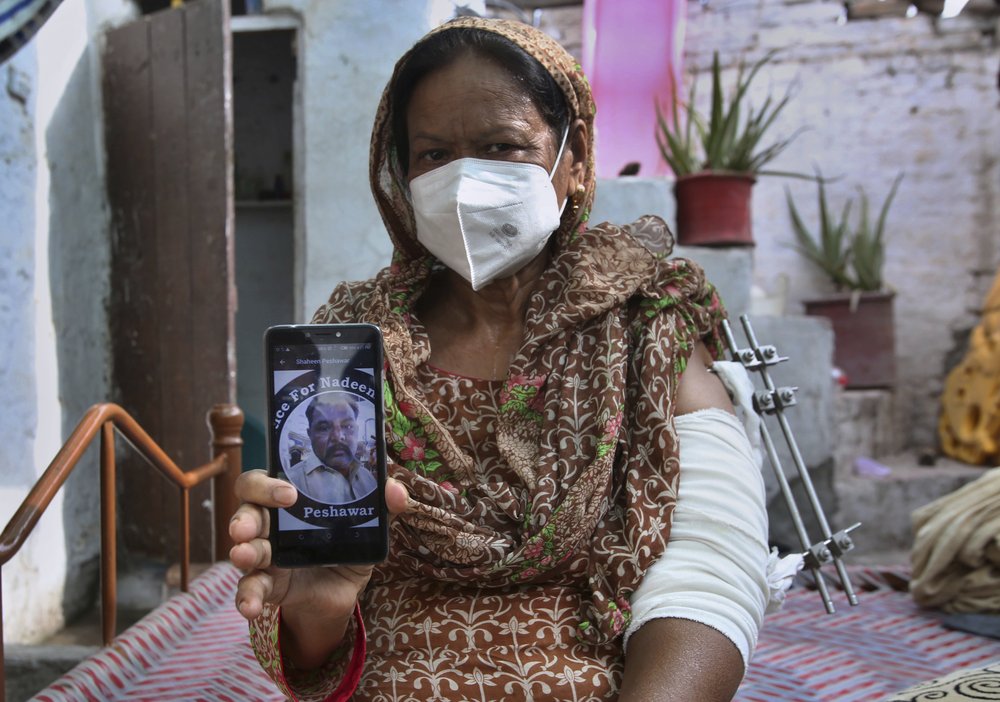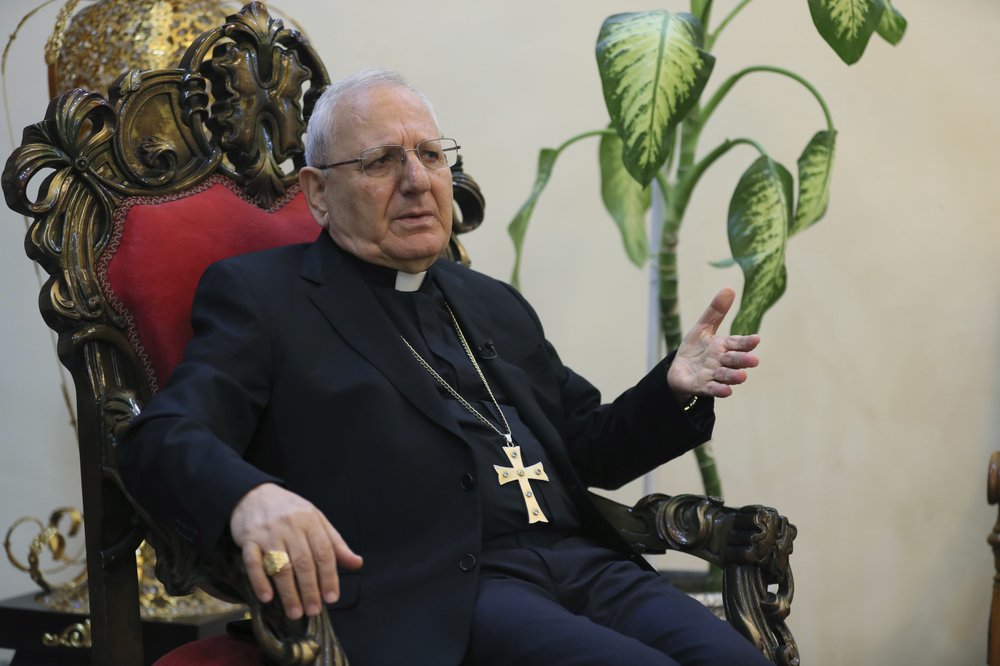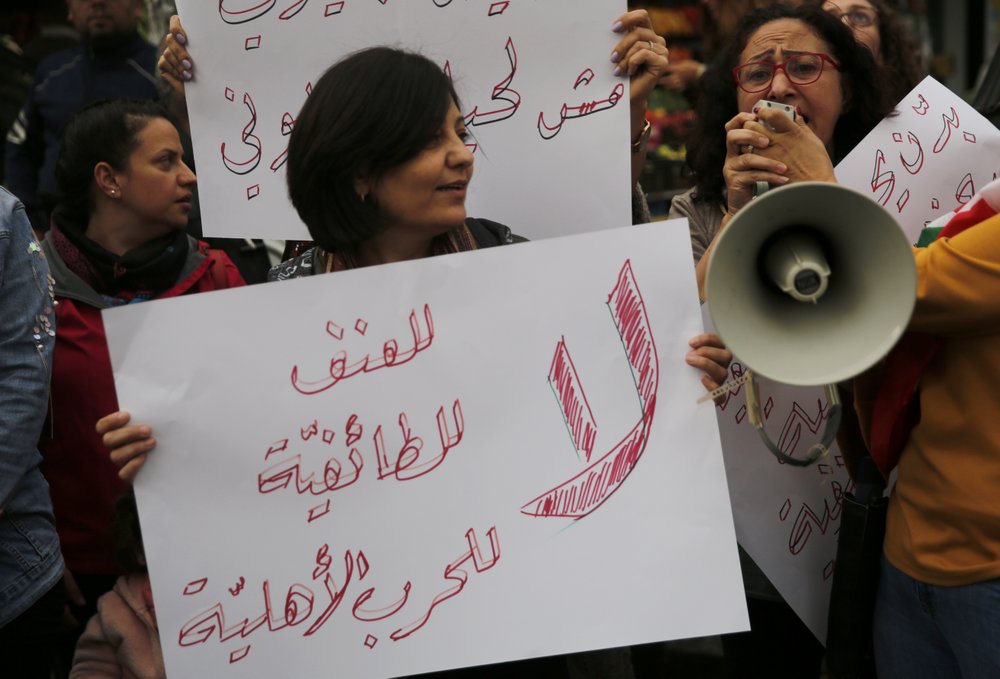Egyptian human rights activists are questioning the standards by which the US Commission on International Religious Freedom (CIRF), in its 2010 annual report, ranked Egypt second among countries that violate religious freedom.
But they nevertheless agree that the state of religious freedom in Egypt is deteriorating.
“According to our research, the state of religious freedom is very bad,” said lawyer Adel Ramadan of the Egyptian Initiative for Personal Rights (EIPR). According to Ramadan, the violation of religious rights in Egypt is most clearly manifested in recurrent incidents of sectarian violence.
“Freedom of religion in Egypt it is one-way,” said Hafez Abu Saeda of the Egyptian Organization for Human Rights. “Whereas Christians are allowed–socially and legally–to convert to Islam, the same does not apply to Muslims converting to Christianity.”
“When Coptic Christians are granted their rights, they’re treated as if it were a favor that they should be thankful for,” said Ramadan.
An administrative court decision earlier week to throw out a lawsuit filed by Christian convert Mohamed Hegazy is one recent example. The 27-year-old Hegazy first raised his lawsuit in 2007 in an effort to change the religion listed on his national ID card from “Muslim” to “Christian.”
Egypt’s Baha’is, meanwhile, are in a slightly better position. In 2009, they won the right to change the religion listed on their national IDs to a simple dash, marking the first time in recent history that anything other than one of the three major religions–Islam, Christianity and Judaism–could be mentioned on official documentation.
But this right was not granted to any other religious group. While conversion to Islam is a simple process in terms of documentation, converting from Islam to another religion remains legally out of question.
A striking example of this is the story of Andrew and Mario, two brothers from a Coptic family whose father converted to Islam and abandoned them for ten years, leaving them in the care of their christian mother. Nevertheless, they found themselves formally registered as Muslims in their official documents, and for the last two years the courts have not allowed them to change their official status to Christian–even though both were born and raised as Coptic Christians.
While rights activists say that the state of religious freedom in Egypt is getting worse, some concede that there have been improvements. In 2002, the government made Coptic Christmas–which, unlike its western counterpart, falls on 7 January–a national holiday. Previously, no Coptic holiday had ever been considered a national holiday.
The decision to allow the renovation of local churches was seen as another step forward. But Ramadan notes that “the decision was never implemented,” since churches still require official approval from a security officer before desired renovations can be made. “In order to hang a cross in a church, formal approval is necessary,” he said.
According to the CIRF report, the Egyptian government has failed to take firm measures against religious discrimination and human rights violations against Coptic Christians, Baha’is, Shia Muslims, Jews, Jehovah’s Witnesses and members of the Quraniyoon sect.
Human rights activists agree that any solution to the problem requires the involvement of the Education Ministry along with the Mass Communication Ministry. “The education curriculum in Egypt promotes intolerance,” said Abu Saeda. Meanwhile, messages conveyed on religious programs on satellite television stations also serve to encourage intolerance and the non-acceptance of those of other faiths.
Religious freedoms aside, the CIRF report also calls on the Egyptian government to set a timetable for the abolition of the 30-year-old state of emergency and for the implementation of political reform–otherwise, it warns, current levels of US financial aid to Egypt could be reconsidered.
“Citizens that live in democratic societies, who are able to freely choose their leaders through the ballot box, will inevitably enjoy a much wider scope of religious freedom,” said Abu Seada.




